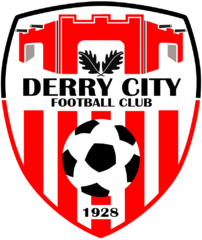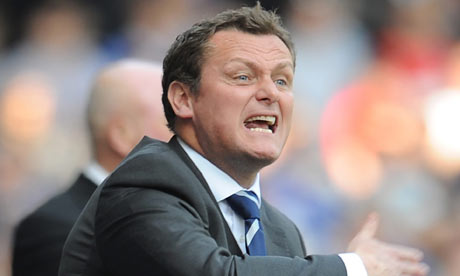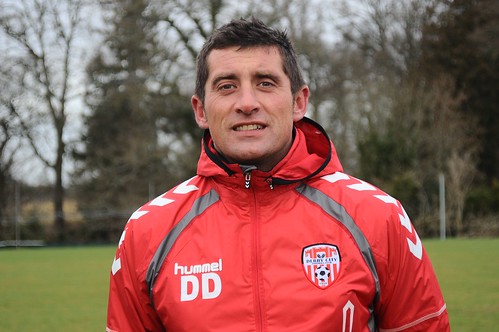 |
| Erin in the Lion's Den |
"To whom do we owe our allegiance today
To whom do we owe our allegiance today
To those brave men who fought and died that Róisín live again with pride?
Her sons at home to work and sing,
Her youth to dance and make her valleys ring,
Or the faceless men who for Mark and Dollar,
Betray her to the highest bidder,
To whom do we owe our allegiance today"
Over the past few years I have grown tired of being viewed as being a lesser breed of Irish. In more idealistic times, I would rile against it, but both time and reflection have wearied my mind. Growing up in Donegal and Derry, no one ever told me that I wasn't "really Irish". Maybe it's because the people of the northwest, in general, know what it's like to be forgotten. It was only when I moved to Galway just over three years ago that the notion entered my consciousness.
For years after partition, the Dublin government laid claim to the entire island of Ireland and claimed the allegiance of its people. In 1969, when civil unrest was growing in several northern counties, Jack Lynch told us that the nation would not stand by and let people suffer or worse. Constrained as Lynch's government may have been, the sentiment was one of warmth and genuine concern.
Fast forward to 1998 and, after the Troubles, the Irish government relinquished their claim to the entire territory of the island. Bye-bye, Schizo-Six, take care. They did, however, maintain that there was a "firm will" to reunite the people of the island - in what form, remains to be seen. There might very well be a will to unite the people, but is there a will to unite the territory? If anecdotal evidence is worth anything at all, it would appear not. In which case, I believe Irish nationalists and republicans in the north must demand answers from the Dublin government. They must actively assert their role in the Irish nation and strike back at the condescension. They must ask, to whom do we owe our allegiance today?
So welcome (or not, as the case may be) to proper Ireland 2012, all 26 counties' worth. Where being an Irish citizen has no worth (see the case of Cork man Paul Casey). Where democratically elected government representatives believe that referenda are not democratic (Leo Varadker, 2012), toy with the idea of filtering a little bit more of the people's money into their pockets and readily relinquish their people's hard-fought sovereignty.
Ireland and the world have changed since the early twentieth century. So too have principles.
----
I close with some lines of my own:
Forgotten Son
Cleansed by a tide of despair,
Chilling, sobering.A disappointing dawn, so unfairI rebel. I sing.
Not wanted here, they sayYour ilk need not apply,Céad míle fáilte, go'way!I question, why?
Abandoned, terribly sold outNo son of mine are ye.Indignant I snarl and shout,But never mind me.
Get out, don't come backThis is not your centreVeneers soon crackAbandon hope, ye who enter!




